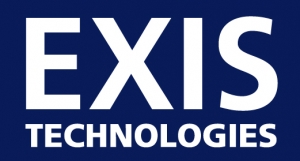21 Sept: ICHCA Seminar – Smart Ports & Cargo Chains: Data, Digitalisation & Disruption
ICHCA SEMINAR
Smart Ports & Cargo Chains:
Data, Digitalisation & Disruption
Friday 21 Sept 2018
Morris Wosk Centre, Vancouver,
British Columbia
 Hosted by The British Columbia Maritime Employers Association Hosted by The British Columbia Maritime Employers Association |
Part of ICHCA & NMSA’s
NEW TECH, NEW WORLD WEEK, 18-21 Sept 2018.
Sponsors
Silver Sponsors


Bronze Sponsors
Agenda
From daily operations to global regulations, new technology is having a profound impact on the maritime cargo chain across sea and land.

As we head toward the next decade, automation, digitalisation, Internet of Things , cloud platforms and other technologies are starting to significantly reshape cargo handling and operations both on the demand and supply side.
Safer, more sustainable and more efficient operations are the potential prize, but for cargo handling professionals and regulators this new reality also poses significant new challenges.
- How do we re-skill and equip people to work safely, securely and productively in an increasingly automated and digital world?
- How do we adapt governance and legislation to the new reality?
- And how do we deal with an exponential increase in cyber risk that threatens to derail digital advances?
Developing new digital competence is key, but hard-won expertise in the tough daily business of safe physical cargo handling, infrastructure management, shipping and land transport operations cannot be neglected or marginalized.
Should you be there?
- Are you dedicated to safety or operational best practice in the cargo handling industry?
- Are you interested in how we can better galvanise digital to improve safety and operational best practice?
- Do you want to get up to date on how automation, digitalisation, Internet of Things, cloud platforms and other technologies are already changing cargo handling operations today?













